
The effects of the war in Gaza on the cruise industry in Israel
The geopolitical context continues to have direct and indirect effects on maritime operations. Several ships bound for Israel have experienced disruptions to their operations. The cruise industry has not been spared, as demonstrated by the protests surrounding the cruise ship CROWN IRIS in July.
With ceasefire negotiations remaining deadlocked, it is likely that there will be an increase in activist activity that could negatively impact port operations and the cruise industry.

Hybrid threats and the strategic reframing of infrastructure
In today’s world we are returning to an international environment where hybrid threats and strategic competition are no longer historic or theoretical—they are shaping the threat landscape in real time.
Offshore infrastructure, particularly wind farms and subsea cables, is increasingly exposed to a new class of threat: persistent, multi-domain, and deliberately ambiguous. As geopolitical friction intensifies—especially in maritime zones where NATO and Russian interests intersect—traditional security models are falling short.
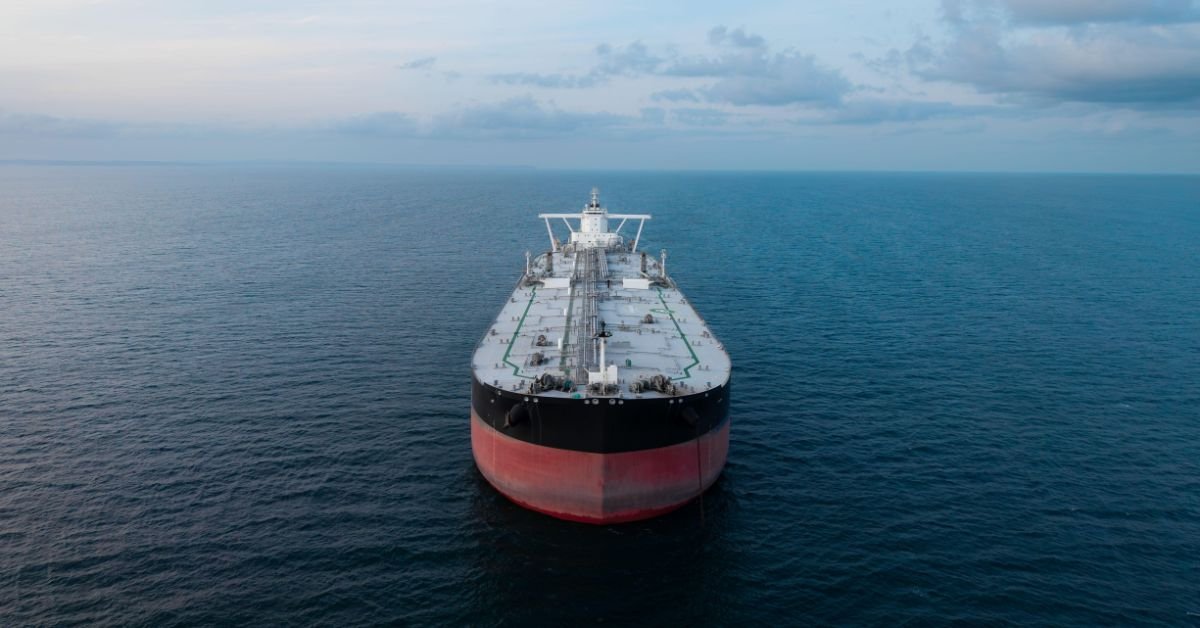
Iran’s last resort proves harder to activate than expected
For 12 days from 13 to 24 June, Israel and Iran traded ammunition with the US joining in at the last moment to strike Iranian nuclear facilities. Iran’s feeble retaliation did not include the closure of the Strait of Hormuz, long viewed as its “ultimate option”.
Vessels in the Gulf of Oman did adopt a holding pattern, with many hesitating to cross the Strait, but that was mostly for fear of collateral damage and navigational hazards. Did Iran lose a game of chicken with the US in threatening to close the Strait, did broader considerations prevent Iran from taking action, or was the threat to the Iranian regime not grave enough to justify the use of its last resort?

Cyberattacks against trucks: How cutting-edge technology created new risks for the supply chain operations
The adoption of smart technologies and the digitalisation of supply chains bring both opportunities and vulnerabilities. Whilst the use of technology enhances operational efficiency, it also exposes critical systems to increasingly sophisticated cyber threats.
Electronic Control Units (ECUs), and protocols that manage critical functions of vehicles are particularly vulnerable and can be remotely exploited to impact, for example, brakes and acceleration systems.
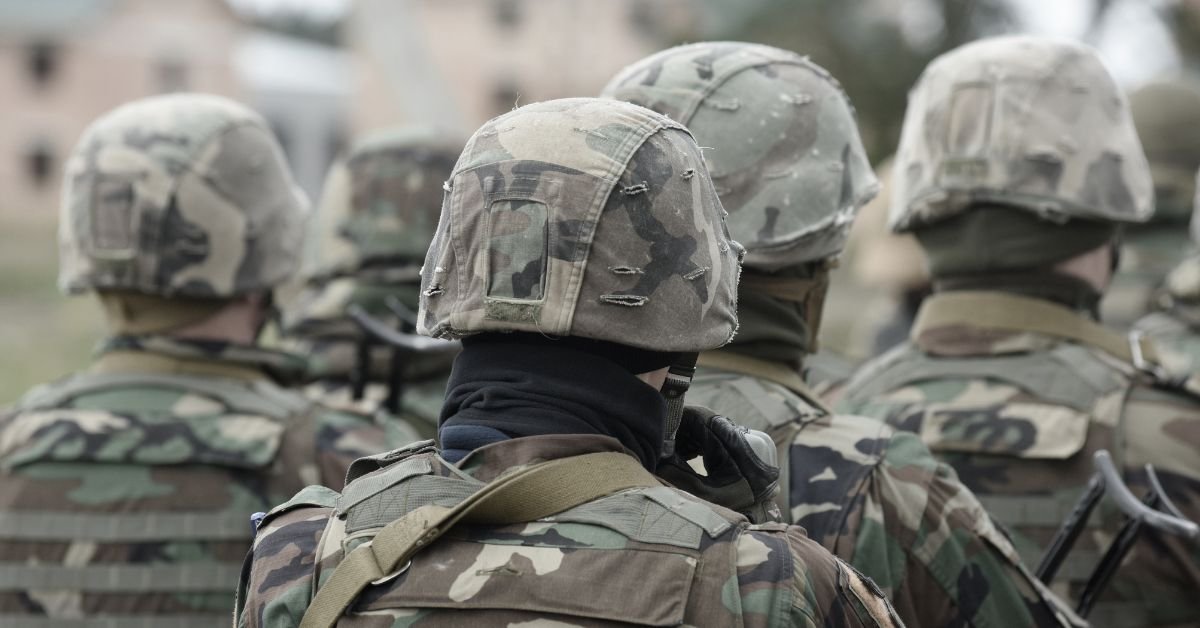
Terror strikes Pahalgam: How it affected maritime trade
Kashmir is a region fully claimed by both India and Pakistan, but each country only controls part of it following their partition after gaining independence from Britain in 1947. The two nations have fought two wars over the territory.
In recent years, militant attacks have further escalated tensions, pushing both countries to the brink of conflict. Since 1989, Indian-administered Kashmir has experienced an armed insurgency against Indian authority, with militants targeting both security forces and civilians.
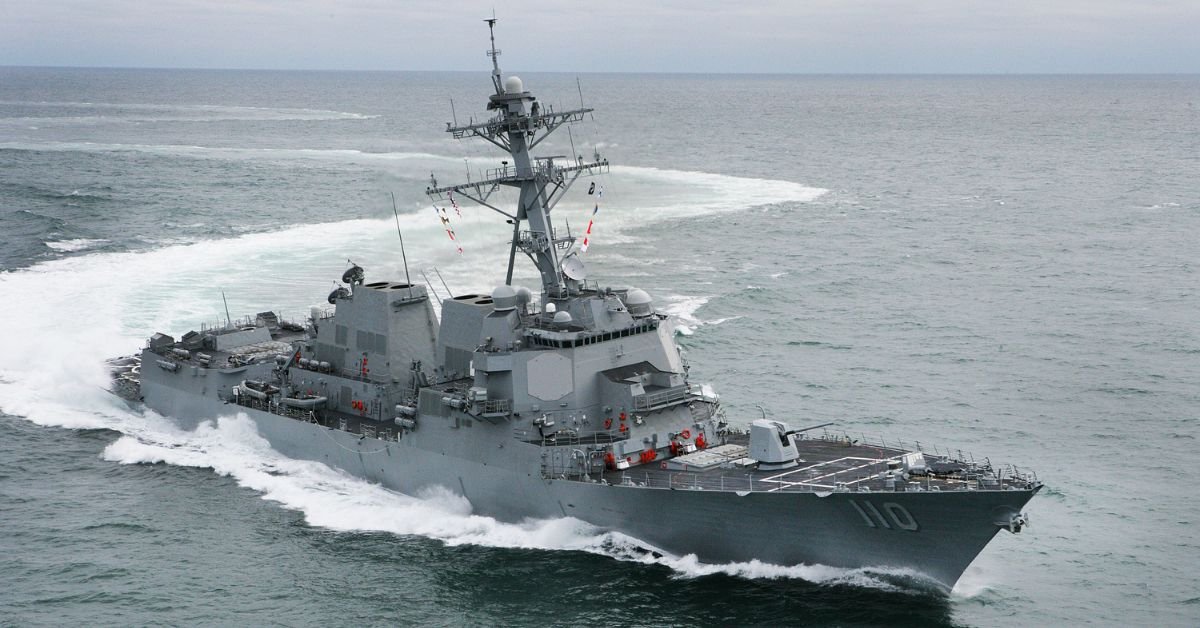
The designation of Mexican cartels as Foreign Terrorist Organisations: Strategic pressure or symbolic projection?
On 20 February the Trump administration designated at least 6 Mexican criminal organisations as Foreign Terrorist Organisations (FTOs). US officials raised concerns among Mexican and Latin American officials by publicly stating the US could take unilateral military action to combat Mexican cartels across the border.
These remarks triggered speculation on the possibility of aerial strikes on cartel infrastructure, most likely through the use of UAVs and from naval assets, mirroring the two-month-long bombing campaign in Yemen.
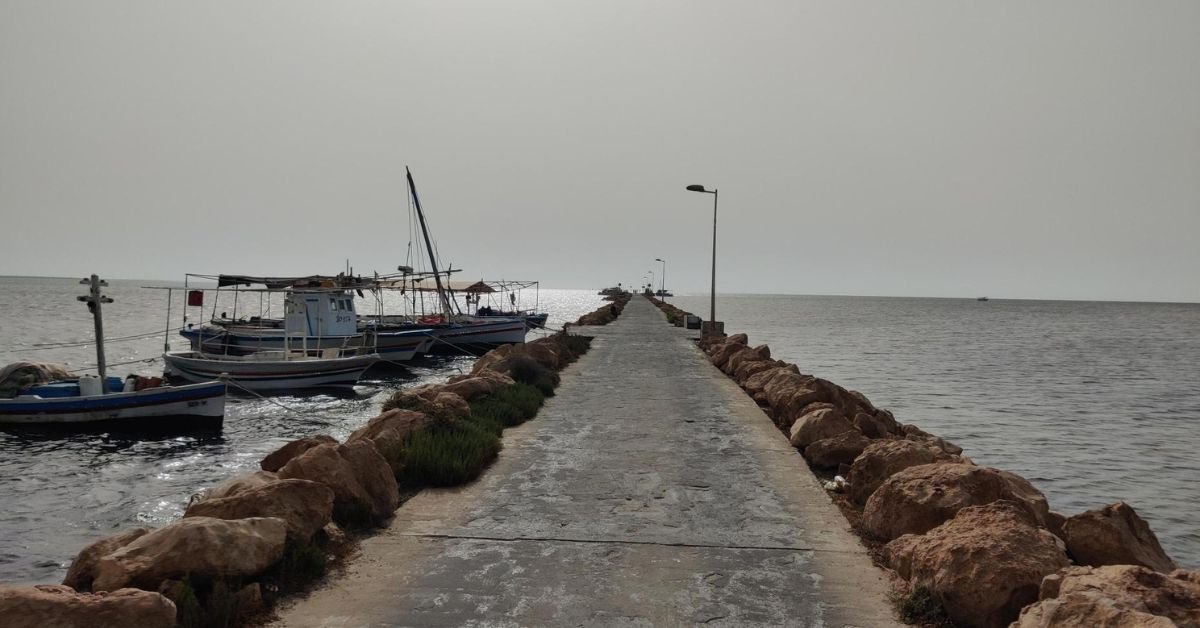
Libya’s next crisis?
On 12 May 2025, militia leader Al Kikli was gunned down with his bodyguard at a meeting in Tripoli. Al Kikli was goaded to the meeting by western Libya’s Minister of Interior Trabulsi and his brother, himself a militia leader, to hash out turf fights and political disputes.
Militias swiftly moved in on Al Kikli’s turf, seizing businesses and buildings occupied by his men. There were few casualties but much unease, as Prime Minister (PM) Dbeiba attempted to dissolve other hostile militias and consolidate his rule. He notably targeted the SDF, in control of the port, which was looted in the ensuing confusion, then temporarily closed and re-opened since.

Breaking the (supply) chain: The growing security threats behind Europe’s logistics
As the European logistics network becomes ever-more important, its vulnerability to targeted disruptions from various actors grows. These threats, ranging from theft and criminal infiltration to sabotage, highlight the need to shift toward more proactive, intelligence-led strategies to secure critical infrastructure and maintain supply chain resilience.
As logistics systems grow more interconnected, and state and non-state threat actors alike leverage the complexity of the supply chain to conduct targeted operations, there is an urgent need for a proactive, intelligence-led approach to detecting, disrupting, and deterring hostile infiltration into these vital networks.
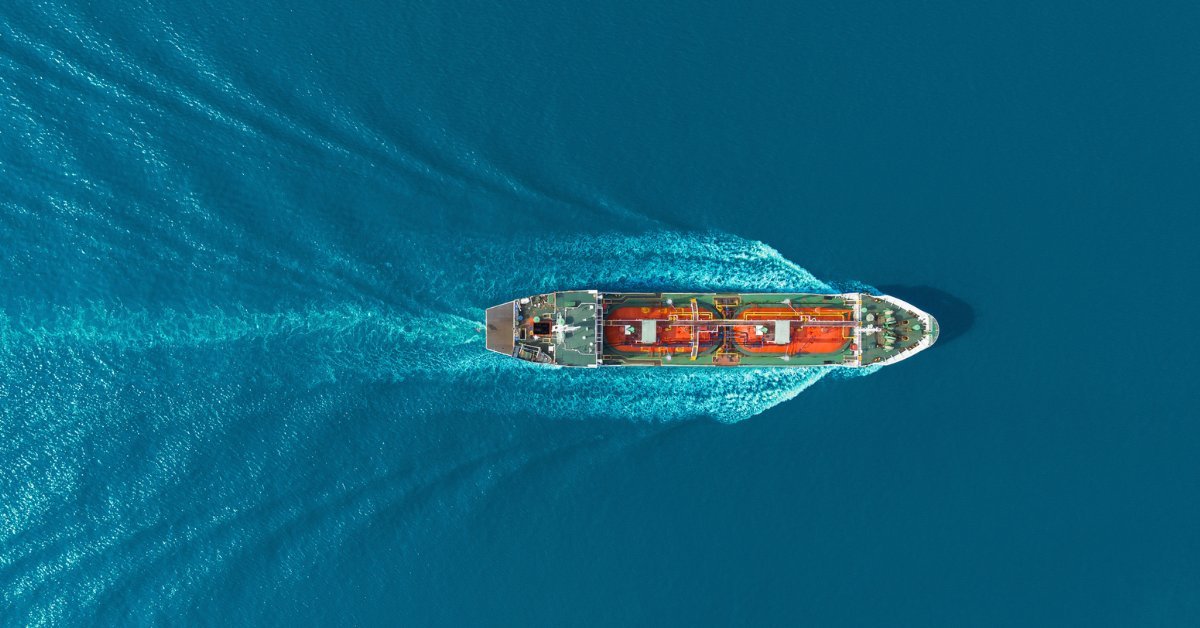
Iran’s nuclear ambitions and oil exports: the sunset clause and potential “snapback” of European sanctions
Sanctions on Iran have historically impacted its oil industry and financial sector. With the upcoming JCPOA sunset clause and the current US campaign of "maximum pressure," the US - Iran nuclear negotiations are critical.
Along with potential reinstatement of EU restrictions, the outcome of the deal could lead to an increase in sanctions against Tehran, expanding the list of targeted companies and further hindering the Iranian economy and its oil exports.
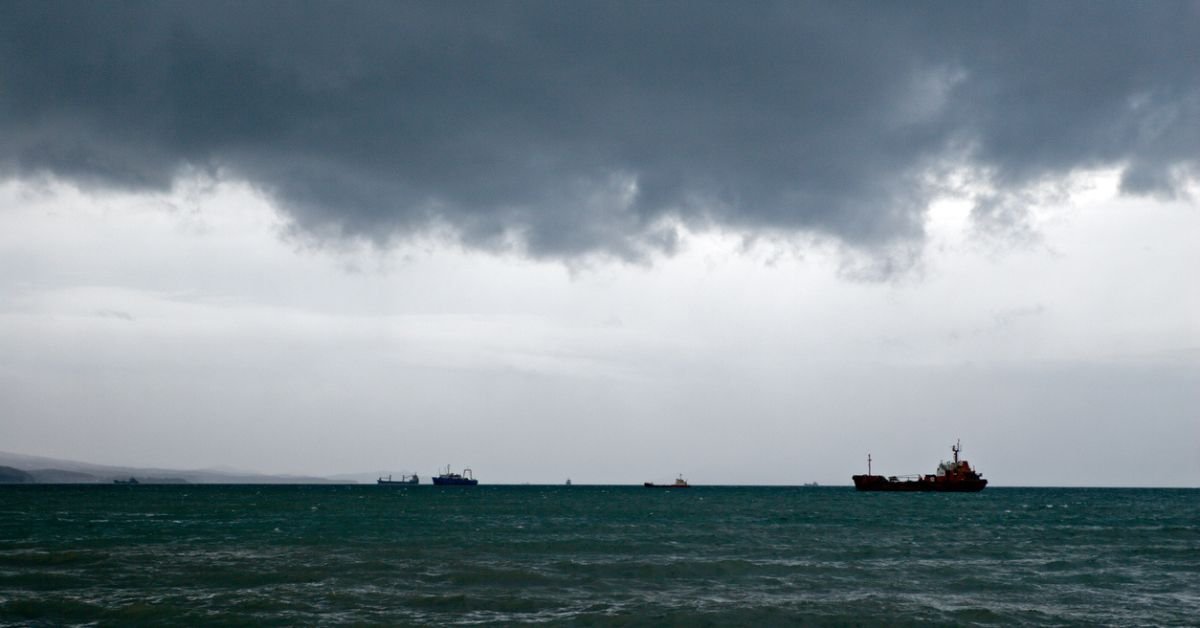
To ceasefire or not to ceasefire?
Since taking office, President Trump has instructed his new administration to focus on “stopping the killing” in Ukraine. However, although there has been intensified diplomatic activity attempting to establish various forms of agreements, these have not yet managed to provide any actual ceasefire on the ground or in the Black Sea.
The new Trump administration has shifted US policy from focussing on funding and supporting Ukraine against the Russian invasion, to focussing on attempting to force an end to the war: by scaling back or withholding support, and pressuring Ukraine to agree to the various ceasefire proposals promoted by the US.
